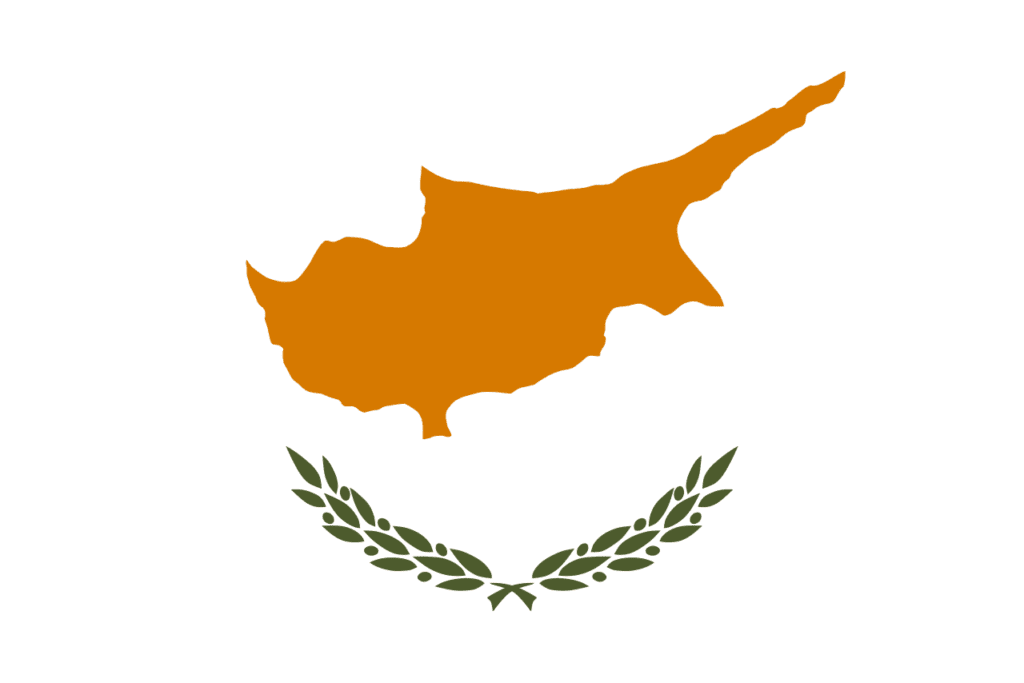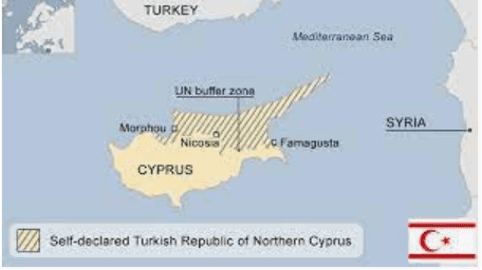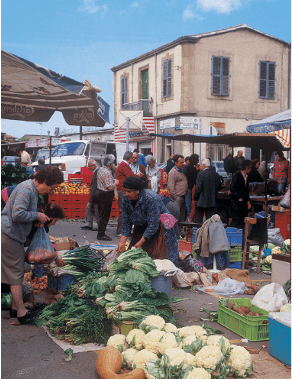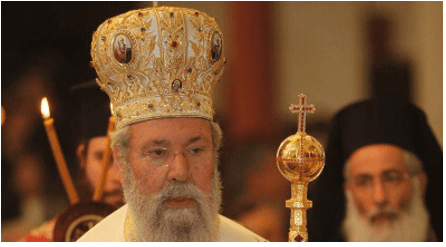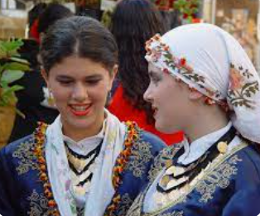PRAYERS FOR Cyprus
- The 50-year conflict between the two communities (Greeks and Turks), fuelled by the involvement of foreign powers, has gone on too long. Political intransigence by a few hampers the reunification seemingly favoured by the majority. Pray that old grievances and bitterness might be overcome by forgiveness. Pray that external meddling would stop and that Cypriots might move forward into a unified future. Since 2004, Cypriot and EU citizens have been free to cross the dividing line. A greater degree of interaction between the communities has shown that, for most, it is possible to live together in peace.
- The autocephalous Greek Orthodox ‘Church of Cyprus’ is a key element of Greek Cypriot culture and identity. While Cyprus is one of the more religious countries in the European Union, and roughly two-thirds of the population consider themselves Orthodox, those who do attend church are increasingly rural and older. Negative prejudices against Evangelical and other Protestant churches are easing but continue to be a stumbling block to many. The strongest recent advancement of the Gospel has been among minority communities, including Russians, Sri Lankans, Filipinos, and Iranians. While freedom of religion exists, proselytism by these ethnic minorities is closely monitored. Small numbers of Turkish Cypriots, over 99% of whom are Muslim, have become followers of Jesus.
- Evangelical churches among Greeks are few. Negative prejudice is easing, but still holds many back. Pray that the unease of Cypriots with evangelicals may be removed and that significant church growth may begin. Few workers and ministries focus on the majority – YWAM is one ministry that does.
- Ethnic minority evangelicals have grown rapidly among the English-speaking, Russian, Filipino, Sri Lankan and Iranian communities. Pray for their active and effective witness to their own communities and to the indigenous population. Several ministries work in this area.
- That old grievances and bitterness might be overcome by forgiveness.
- That external meddling would stop and that Cypriots might move forward into a unified future
- For a shattering of bitterness and prejudice between Greek and Turkish Cypriots. Prayfor Muslims in the north to place their hope not in economic prosperity but in Jesus.
- The presence of foreign military forces on the island has generated ongoing security concerns and regional tensions. Pray for stability, security and peace that comes not from an absence of conflict, but with the personal Presence of the Lord.
- That expatriate Cypriots return as missionaries and present the one and only gospel that can save. (1Co 15:1-4)
That born-again believers get discipled and become mature Christians “who shall be able to teach others also” (2Ti 2:2)

